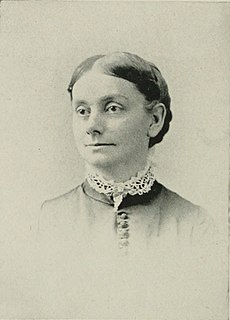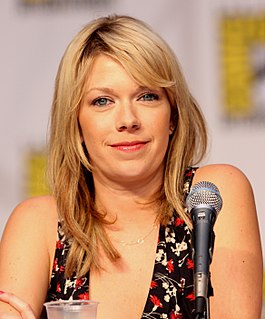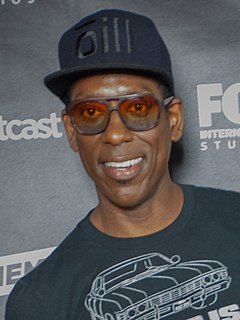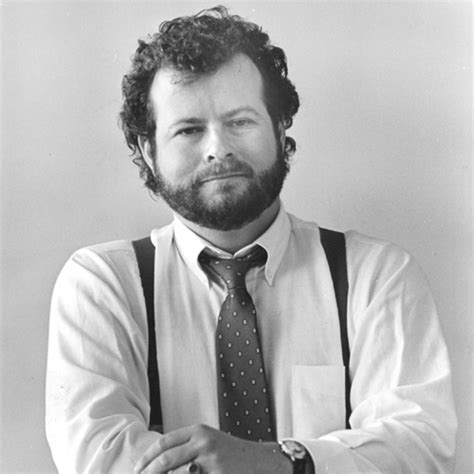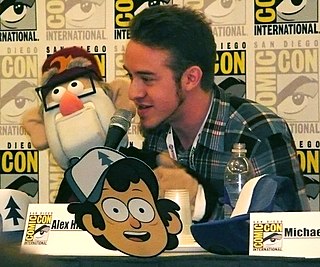A Quote by James Hillman
The character truest to itself becomes eccentric rather than immovably centered, as Emerson defined the noble character of the hero. At the edge, the certainty of borders gives way. We are more subject to invasions, less able to mobilize defenses, less sure of who we really are, even as we may be perceived by others as a person of character. The dislocation of self from center to indefinite edge merges us more with the world, so that we can feel blest by everything.
Related Quotes
The desire to criticise becomes less and less as the character is developed. It is the mark of a ?ne character never to be critical and to mention but rarely the faults of others. A strong character does not resist evil, but uses their strength in building the good. They know that when the light is made strong, the darkness will disappear of itself.
the less you respect, the less respectable you are; the less you honor, the less in you is to be honored. There are those 'whom not to know argues one's self unknown,' so if you have no reverence in a world where there is so much that is noble and venerable, then there will be something terrible lacking in your own character.
It's nice to be able to explore both sides of my personality. I definitely relate more to Debbie, my character on The Grinder. But it's really nice because I get to play a character who's down on her luck and kinda slipping off the edge in It's Always Sunny, while at the same time getting to play this character who's a mom and holding it together on The Grinder.
Brains and character rule the world. The most distinguished Frenchman of the last century said: Men succeed less by their talents than their character. There were scores of men a hundred years ago who had more intellect than Washington. He outlives and overrides them all by the influence of his character.
And, for any performer, to be able to go deep into character is fantastic. In film you only get to do that if you're the leading character. But in television you get 18 hours to really test the audience and take them to the edge of how far they will go with this character. I can step over this line and I love that.
the older I am, the more I refuse to treat my work as therapy and the more I think it's less honest to do that, less about acting. When I was younger, I sometimes used personal things in creating characters, to the point where I thought maybe it was a little bit dangerous - at least for me. But I don't feel that somebody can only be good in a character if they are really becoming that person or really suffering.
Without touching my subject I want to come to the moment when, through pure concentration of seeing, the composed picture becomes more made than taken. Without a descriptive caption to justify its existence, it will speak for itself - less descriptive, more creative; less informative, more suggestive - less prose, more poetry.
If you think of even Tolstoy or a book like 'Anna Karenina,' you go from character to character, and each section is from the third person perspective of a different character, so you get to see the whole world a little more kaleidoscopically that way. That's traditional narrative manner, and I haven't done a book like that before, but I enjoyed it.


